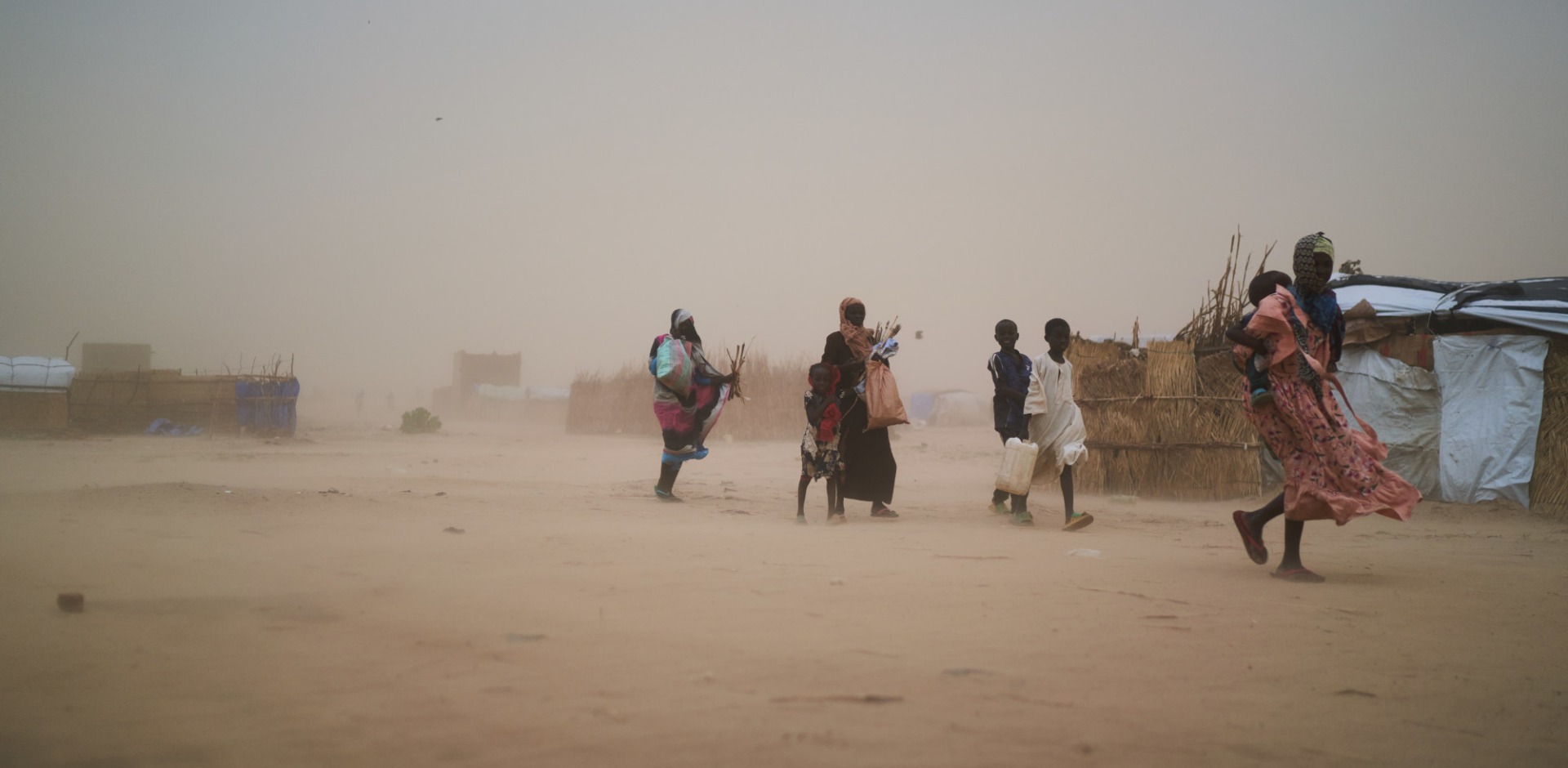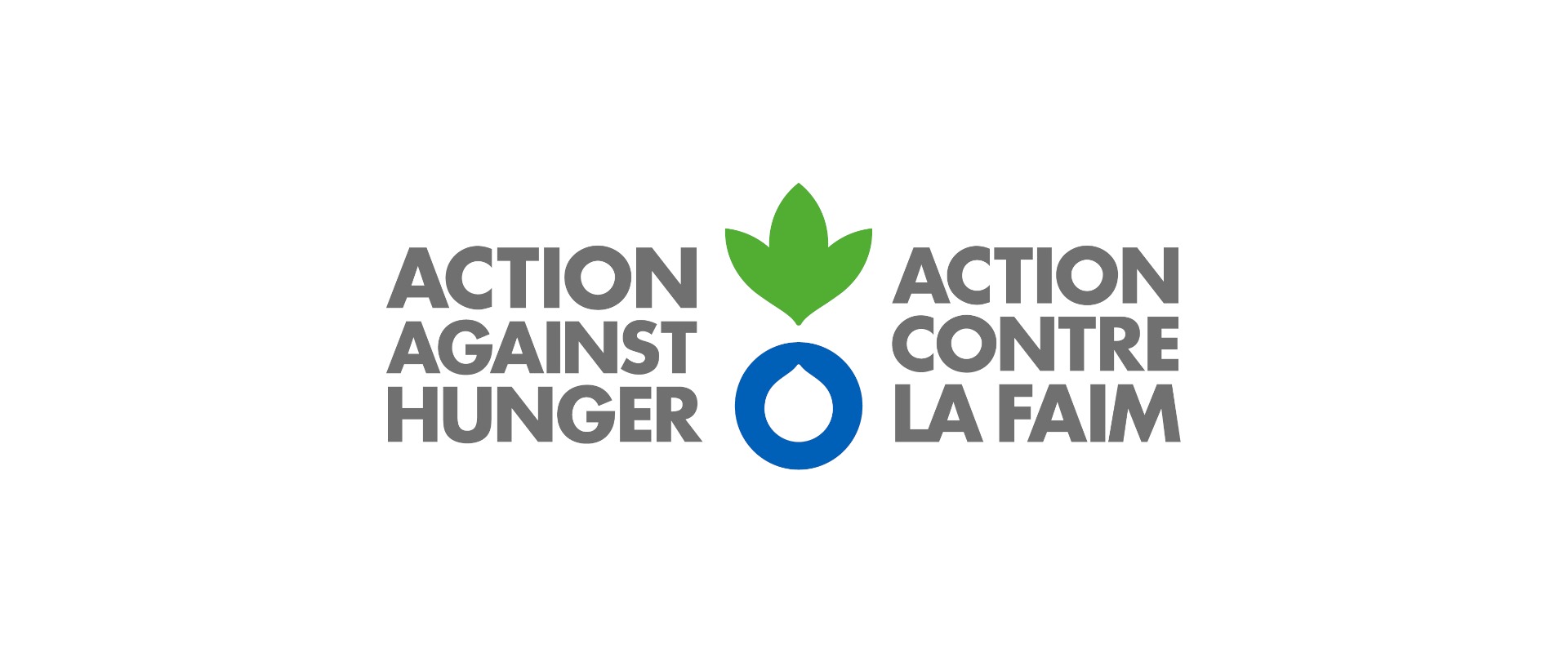
FAMINE IN SUDAN

To minimize the number of lives needlessly lost due to hunger and malnutrition, and to
assert Canadian leadership on the global stage, Action Against Hunger Canada makes the
following recommendations for the 2025 budget:
Recommendation 1: That the Government of Canada immediately review how foreign aid is focused and delivered in response to the greatest restructuring of aid in the past 50
years. Canada should prioritize the highest-impact interventions and critical infrastructure, such as data and coordination.
Recommendation 2: That the Government of Canada reaffirm its leadership in global
humanitarian assistance by committing to multi-year, predictable funding and stronger
coordination with like-minded donor nations at a time of unprecedented retreat by
traditional donors.
Recommendation 3: That the Government of Canada invest in research and innovation to
maximize the efficiency, effectiveness, and impact of aid delivery, pushing the boundaries
of what is possible in light of the global funding shocks.
Action Against Hunger Canada is a global humanitarian organization committed to ending hunger and malnutrition in our lifetime. With operations in over 50 countries, we provide life-saving services in nutrition, health, food security, and water, sanitation and hygiene (WASH) to the world’s most vulnerable communities.
As a proud member of the Humanitarian Coalition, which includes 12 Canadian
international aid agencies with a combined presence in 140 countries, we serve as a critical partner to the Government of Canada in responding to global crises.
The need is vast: 673 million people were hungry in 2024, representing 8.2% of the world’s population,1 which is expected to sharply increase in the coming years as the US and many other donor nations have dramatically cut support to foreign aid. As a result, global aid is facing its greatest restructuring in 50 years.
A Lancet study published in July 2025 estimates that the US cuts alone, which represent
90% of its aid spending, could lead to 14 million additional deaths by 2030, including 4.5
million children under five, due to reduced access to nutrition and other essential services.2
As a top UN humanitarian official recently put it: “We have been forced into a triage of
human survival.”3
Much like emergency medical triage, this new system will rank needs by severity. Priority
will go to regions facing extreme or catastrophic conditions. With limited resources, areas
deemed less urgent may receive no support at all.
In short, the need is immense, and the context is extremely challenging. But there is good
news: the effective responses to the hunger and malnutrition crises are already known.
Families need nutrition-rich diets, reliable access to essential health services, and investments in poverty reduction, which directly combat the root causes of malnutrition. Canada has world class expertise in addressing hunger and malnutrition, which should be leveraged as other countries retreat.
1. Review How Foreign Aid is Focused and Delivered
The Trump administration has reduced the US aid budget by almost 90%. Since the US
represented 42% of global aid spending, this has had a seismic shift on global aid delivery.
Several European countries have also announced billions in cuts, all of which have
contributed to the sector significantly contracting. For example, the UN has been forced to cut its humanitarian budgets by almost one-third.
This is not business as usual.
In the short term, these cuts are directly threatening Canadian-supported humanitarian and development programs across dozens of Government of Canada priority countries. The cuts are jeopardizing nutrition services, disrupting emergency relief operations, and forcing health workers to turn away vulnerable mothers and children from life-saving care.
In the long term, the global aid delivery system has been severely destabilized and Canada must rethink its role and approach as the landscape has fundamentally changed. We recommend that the Government immediately review how foreign aid is focused and
delivered, including prioritization of investment for maximum impact, and examining how
Canada can best support critical infrastructure such as data and coordination.
In prioritizing, Canada has to recognize that it cannot fill the funding void left by the US and others. Instead, Canada should focus on the interventions that will have the largest impact and where it has world class expertise.
Addressing hunger and meeting nutrition needs is one such area. Action Against Hunger’s
data platforms can pinpoint exactly where help is most needed and we have proven solutions to address the causes. Investing in nutrition is also a force multiplier, as it fuels economic growth, reduces health burdens, and builds more resilient societies.
This benefits Canada as many of the countries facing hunger crises have large populations
and emerging economies that can help diversify our trade relationships as they become
more established. Consider that Africa, the hardest hit continent for hunger and malnutrition, has 1.55 billion people, which is projected to double by 2027.
2. Reaffirm Canada’s Leadership in International Development
Canada must not follow the global trend of retreat. Instead, the Government of Canada
should reaffirm its commitment to principled, needs-based humanitarian assistance by
increasing its multi-year, predictable humanitarian and development funding, with a
particular emphasis on emergency nutrition and health services.
The global context is deteriorating. Alongside the US, major donors including the United
Kingdom, Germany, France, the Netherlands, and Belgium have made significant cuts to
their international aid budgets. This collective retreat threatens the stability of the entire
humanitarian system, weakens early warning and response mechanisms, and leaves low income and conflict-affected countries increasingly vulnerable to famine, migration, and disease outbreaks.
To lead responsibly, Canada should:
This approach is not only aligned with Canada’s values—it is a strategic investment in global stability, conflict prevention, and international credibility.
3. Invest in Data, Research and Innovation
Global aid cuts mean, now more than ever, more must be done with less. We need to
modernize aid delivery and amplify life-saving outcomes. The changing aid context requires investments in data, research, and innovation to support evidence-based, technology enabled, and scalable approaches to combat malnutrition to increase the impact and cost efficiency of aid dollars over time.
There is considerable overlap between this and the first recommendation in this
submission, which is to review how foreign aid is delivered. Areas that should be explored
include:
Ultimately, doing more with less means operating more efficiently. We need to scale
proven solutions to maximize impact, while at the same time responding to emerging crises much earlier. It is vastly more efficient to identify an emerging crisis and respond quickly than to let it develop into a full-blown disaster. Data, research and innovation and critical to both of these imperatives.
Canada has a legacy of principled humanitarian leadership. This moment when other
nations are retreating from foreign aid presents both a crisis and an opportunity.
With others stepping back, Canada can step forward, by focusing where we can have
greatest impact, modernize aid delivery, and focus on proven solutions.
We urge the Government to act decisively, both to protect existing investments and to lead the global response to the hunger crisis. The moment demands courage, coordination, and commitment.
The Speech from the Throne said “Canada is ready to lead” and committed “to build a
coalition of like-minded countries that share its values, that believe in international cooperation.” This leadership is needed more now than ever before. Millions of lives are at
stake. Perhaps most troubling: when it comes to hunger and nutrition, we have the proven
solutions. Implementing them is simply a matter of political will and resources.
We thank the Standing Committee on Finance for considering this submission in advance of Budget 2025.
For more information, please contact:
Onome Ako, Chief Executive Officer
Action Against Hunger Canada
oako@actionagainsthunger.ca
Notes:
1. https://actionagainsthunger.ca/story/sofi-2025-hunger-is-declining-on-paper-but-not-in-reality/
2. https://www.thelancet.com/journals/lancet/article/PIIS0140-6736(25)01186-9/fulltext
3. https://news.un.org/en/story/2025/06/1164421
Join our community of supporters passionate about ending world hunger.